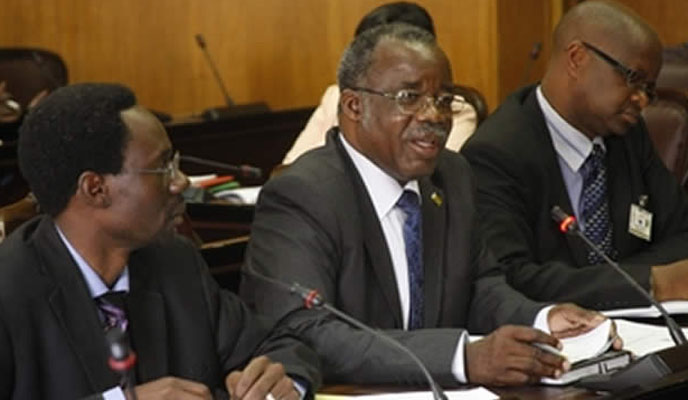
SUB-SAHARAN countries, Zimbabwe included, should invest more in human resources to realise the potential of the mining sector believed to have power to drive the economy in the region, Mines and Mining Development permanent secretary Francis Gudyanga has said.
BY MTHANDAZO NYONI
African economies remain in doldrums despite countries being rich in mineral resources like gold, diamonds and copper among others due to lack of technology, infrastructure for innovation and entrepreneurship as well as incentives to innovate.
Addressing delegates at the just-ended Mining, Engineering and Transport (Mine Entra) exhibition in Bulawayo, Gudyanga said Sub-Saharan countries were lacking critical mass of human capital with appropriate knowledge and skills. He said as such, developing countries were losing millions of dollars to the developed countries.
“A critical mass of postgraduates is required to meet the mining sector needs in universities, R&D [research and development] institutions, industry and government departments,” he said.
“It is morally unacceptable, geo-politically dangerous, environmentally unsustainable and economically unjustifiable for developing countries, like Zimbabwe, to continue to fuel the development of richer countries at the cost of their own present and future.”
Gudyanga said Zimbabwe won the bid to host the Pan African Minerals University of Science and Technology (PAMUST) and the government was going to house the institution at the Scientific and Industrial Research and Development Centre (SIRDC) located in Harare.
He said SIRDC already boasts a well-developed infrastructure spanning conference facilities, laboratories and communication networks.
- Chamisa under fire over US$120K donation
- Mavhunga puts DeMbare into Chibuku quarterfinals
- Pension funds bet on Cabora Bassa oilfields
- Councils defy govt fire tender directive
Keep Reading
Gudyanga said 1 200 Masters and 300 PhD students would be enrolled annually when the institution is fully developed but that was still inadequate to serve the needs of the whole continent.
Gudyanga said PAMUST would focus on mineral exploration, mining engineering, advanced extractive processes, advanced mineral-based materials, value addition and minerals business studies, among other critical areas.
He said the Cabinet has approved the principles for the PAMUST Bill which will evolve into the PAMUST Act and the Attorney-General’s Office was working on the Bill for debate by Parliament.
President Robert Mugabe has appointed a 13-member foundation committee to steer the establishment of the university, he said.
The university would, among other things, promote mineral beneficiation and value addition in Africa, respond to the continent’s needs and enable Africa to transition from a commodity-based economy to a technology and knowledge-driven economy.











